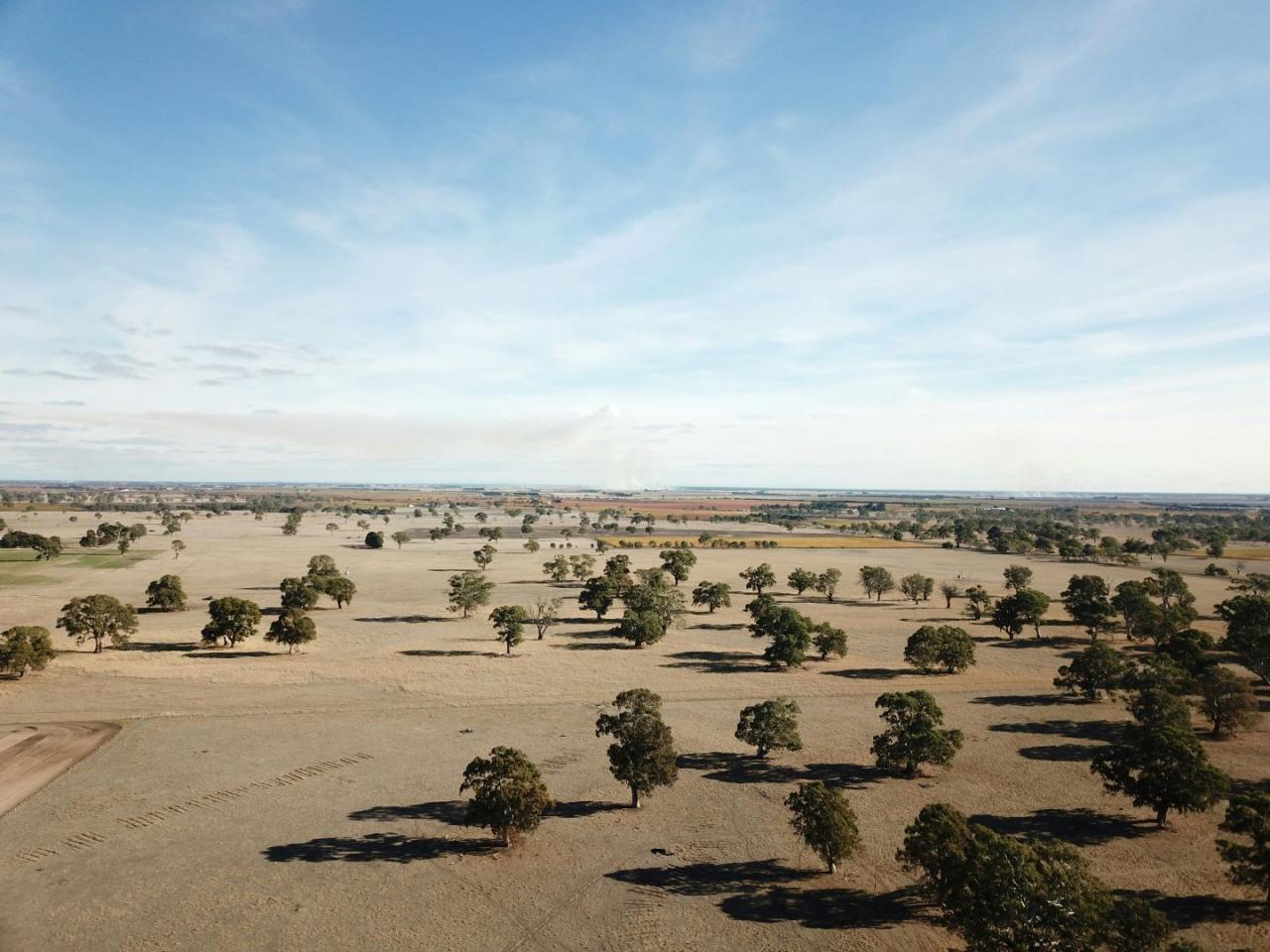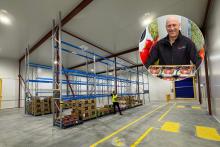The remote regions of the Wheatbelt represent a unique and challenging landscape. Foodbank WA highlights how Western Australians living in regional parts of WA are struggling the most to get food on the table, as regional branches are experiencing an increased demand.


The remote regions of the Wheatbelt represent a unique and challenging landscape.
Foodbank WA has highlighted how Western Australians living in regional parts of WA are struggling the most to get food on the table, as regional branches are experiencing an increased demand.
“Our regional branches are seeing, on average, an increase of almost 15 per cent in customers since the same time as last year with Kalgoorlie seeing the highest increase with 22 per cent increase on the same time as last year,” Kate O’Hara, Foodbank WA’s CEO, explained.
Living in regional and remote Australia is widely considered more expensive than Perth across a range of goods and services. Food is generally more expensive in regional Western Australia due to vast distances and transportation costs.
Many regional areas are far from major distribution hubs, requiring long-distance transportation for fresh produce, meat, and other goods. Fuel costs for these journeys add up, and these expenses are passed on to consumers.
The 2023 retail price index (RPI) shows that, overall, prices are more expensive than Perth in all regions, with prices highest in the Pilbara region, followed by the Kimberley and Gascoyne.
The Kimberley was 8.9 per cent more expensive than Perth, and the highest in five of the eight indices, including food, transport, recreation and household costs. It was outstripped by housing costs in the Pilbara, 40 per cent higher than Perth, and the most expensive area for health care. The only regions where indices were on par with Perth prices are Peel, the Midwest and South West.
“The results showed that our regional towns were more expensive in the majority of commodity groups measured such as food, clothing, housing, household equipment and operation and health and personal care. It's no wonder that our regional towns need us more than ever,” Ms O'Hara added.
Regional areas also have fewer retailers and suppliers, and reduced competition. With this comes the benefit from economies of scale in larger cities, where they can buy and sell large quantities of goods, reducing costs. Regional areas typically have smaller populations, limiting volume and leading to higher per-unit costs as well as higher labour costs.
"To increase supply of food to these areas where there is an increased demand, we are working together with our partners to increase supplies as is most appropriate for the particular region, and our services such as nom!" Ms O'Hara said.
Arc Infrastructure has continued their commitment to Foodbank WA and the Wheatbelt region with a renewed partnership for the next three years. This investment builds on Arc Infrastructure’s ongoing efforts to help families experiencing food insecurity in the Wheatbelt.
More than a thousand food hampers have been distributed in Merredin, Northam, Wagin and Wyalkatchem in the last year thanks to Foodbank WA’s partnership with Arc Infrastructure.
“Thank you to our regional branch sponsors Arc Infrastructure who support the Wheatbelt, Iluka Resources in Geraldton, Northern Star Resources in Kalgoorlie, Alcoa in Peel; South 32, Talison Lithium and ATCO in Bunbury, and last but certainly not least, Edge Planning and Property and Southern Ports in Albany.”

Regional WA is also more prone to supply chain disruptions due to its remoteness. Delays or shortages in transport can increase the price of food, especially fresh items with a shorter shelf life. Another factor to consider is that many regional stores require more expensive storage solutions to keep produce fresh, especially in warmer or remote areas where refrigeration and inventory turnover are more challenging.
"Recognising the cost to transport food to the region, Arc has also funded freight costs to support the delivery of hampers to organisations servicing the community. It's an organisation which genuinely cares about the community they operate in,” Ms O’Hara said.
The addition of Arc Infrastructure’s support of nom! – Foodbank WA’s nutrition education and cooking program – has spread their impact even wider in the region. This program delivers information developed to improve the knowledge, confidence, and skills of Western Australians to support healthy eating, food literacy and help decrease food insecurity.
“Being such a widespread region, a huge barrier to food relief is travel to access essential provisions. Nutrition education can also be difficult and expensive to deliver face-to-face due to travel distances," Ms O'Hara commented.
Throughout the year, 125 participants benefited from nom! sessions. These education sessions have not only impacted families but have also created stronger networks with Community Resource Centres, Schools and with Aboriginal Women’s groups Keedac and Shooting Stars.
 Arc Infrastructure teams volunteering at Foodbank WA.
Arc Infrastructure teams volunteering at Foodbank WA.
Arc Infrastructure has been a long-term supporter of Foodbank WA, which commenced with a needs assessment into the Wheatbelt region to identify the degree of food relief required and a potential model which would best serve the residents in need of food assistance in the area. Since then, Arc Infrastructure has played a pivotal role in helping deliver specific and catered food relief into the Wheatbelt by way of food hampers and assisting to fund nutrition education and cooking sessions.
“We are very thankful for our longstanding relationship with Arc Infrastructure. Their commitment to the Wheatbelt region reflects their belief in the potential of regional communities thriving when given the right support. We will work closely with Arc to ensure that the right support is directed to where it will have the greatest impact,” Ms O’Hara said.
Arc Infrastructure CEO Murray Cook said the company was keen to support the food nutrition education and food assistance hampers in the Wheatbelt region and surrounding communities where Arc operates. “Foodbank WA directly benefits many of the communities in which Arc Infrastructure operates as the manager of the State's rail freight network, so we are pleased to provide ongoing support for our Principal Partner,” Mr Cook said.
“With support from Arc Infrastructure, delivering food relief and nutrition education to multiple communities in the region has helped to build a stronger community and their continued support ensures that the most vulnerable families are not left behind. Over the next three years, Arc Infrastructure hopes to distribute a further 3,000 hampers,” Ms O’Hara commented.













